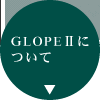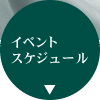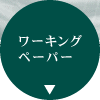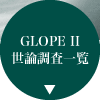予定表 -詳細情報-
| 件名 | WS Jungmin Lee氏 |
| 開始日時 | 2012年 12月 12日 (水曜日) 16時00分 (GMT+09:00) |
| 終了日時 | 2012年 12月 12日 (水曜日) 17時15分 (GMT+09:00) |
| 場所 | 現政研会議室(1号館2階) |
| 詳細 | 政治の経済分析セミナー 【報告者】Jungmin Lee氏(Associate Professor, Sogang University) 【タイトル】Understanding the Effect of Communism on Social Preferences: Experimental Evidence with North Korean Refugees 【概 要】 We report a combined study of experiments and survey with North Korean (NK) refugees, having recently arrived in South Korea, and South Koreans (SK). Participants in the experiments play a variety of games against both ingroup and outgroup members. Prior to this, they are randomly assigned to information on historical events between the two nations. Experimental data reveals information about social preferences and trust based upon the group affiliation. We find that NK refugees are more homogeneous in preferences, while SK subjects exhibit a great deal of heterogeneity. In regard to social preferences attached to the group affiliation, SK subjects show favoritism toward outgroup members, while NK defectors are neutral. These patterns remain similar in the trusting behavior. Using the survey data, we relate experimental behavior to basic sociodemographic information such as gender and age. For NK defectors, we further establish how their social and economic experiences in North Korea affect experimentally-measured social preferences and trust. |
| カテゴリー | ワークショップ・セミナー |








